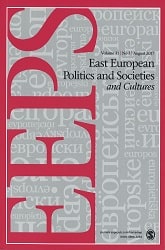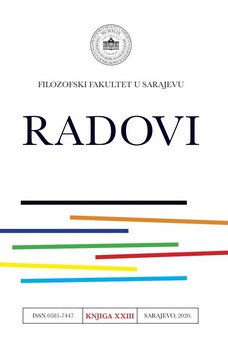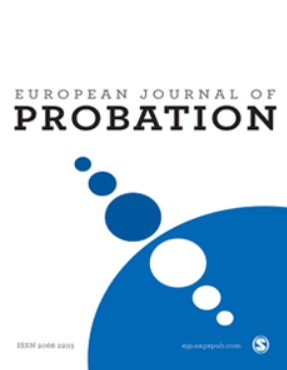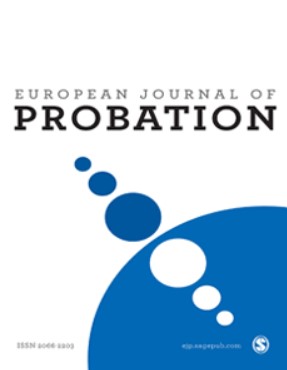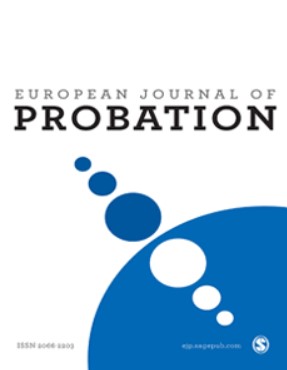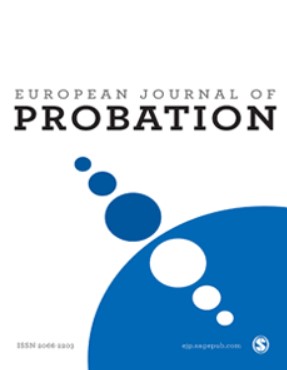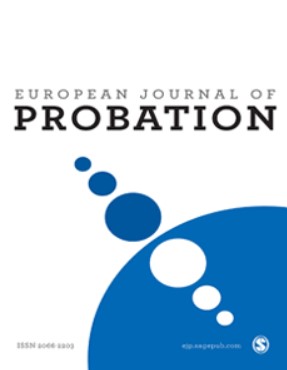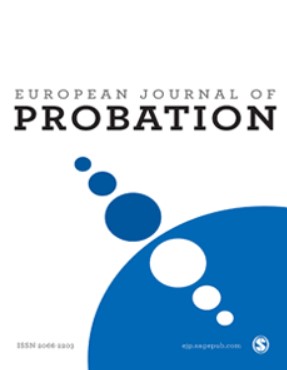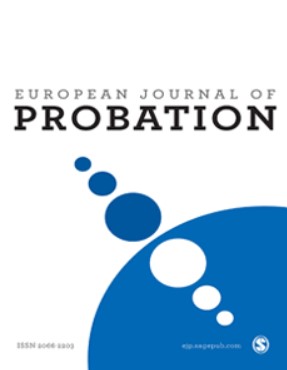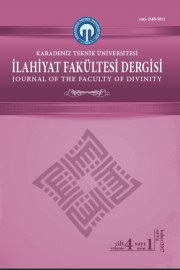
Allah Hakkı ve Kul Hakkı Arasında Hanefi Ceza Hukukunun Kamusallığı
Modern criminal law is generally regarded as a public domain because it primarily aims at protecting general interests and has dominant vertical relationships between public institutions and the individual. This understanding corresponds to a certain extent in the Hanafi criminal law. According to Hanafi jurists, the fixed penalties such as adultery, theft, and drinking wine/getting drunk are applied only to the benefit of all people. The fixed penalty for the false accusation of adultery and the retaliation (kısas) protect the benefit of all people, as well as the the interests of individuals. The public authority is able to impose discretionary chastisements (ta´zîr) and administrative punishments (siyâsa) for the benefit of the society. It is his responsibility to investigate crimes, to prosecute suspects and to impose punishments. In all these steps, vertical relations are formed between the public authority and the perpetrator. On the other hand, the Hanafi criminal law has unique features such as the determination of public interests by the Lawgiver and the penalties imposed directly on behalf of individuals.
More...


